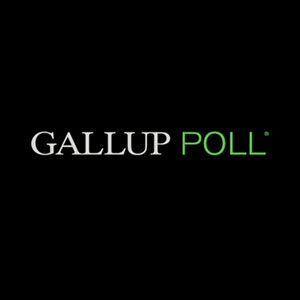
WASHINGTON, D.C. -- According to an analysis by Gallup, high levels of voter satisfaction are not necessary for incumbent presidents to be re-elected, but there does appear to be a minimum satisfaction threshold required for an incumbent president to win re-election.
According to Gallup, re-elected incumbents have won when satisfaction ranged from a low of 33% (for Barack Obama in 2012) to a high of 48% (for Ronald Reagan in 1984). The lone president since 1984 who lost a bid for a second term -- George H.W. Bush -- sought reelection at a time when 22% of Americans were satisfied.
According to Gallup, 20% of Americans are currently satisfied with the way things are going in the country -- "an ominous sign for President Donald Trump's reelection prospects."
While current satisfaction is low, it matches what it was in June 2012, five months before then-President Barack Obama won reelection. Additionally, 2020 has seen some wild swings -- in February, 45% of Americans were satisfied, the highest percentage since 2005.
The 13-percentage-point improvement in satisfaction in 2012 is one of the larger changes Gallup has measured between the early summer and fall of an election year, surpassed only by a 15-point increase in 1988.
On average, satisfaction levels have risen six points in the months leading up to the election. This includes three years -- 1984, 1996 and 2008 -- when U.S. satisfaction did not change to a meaningful degree. Thus, an above-average increase in satisfaction would be necessary to put Trump in a comfortable range for reelection.
The same would apply to Trump's job approval rating, which currently sits about 10 points below the minimum level any recent president who won re-election had on Election Day. A 10-point increase in job approval between now and Election Day would be unprecedented, though this excludes the 1948 election in which Harry Truman came back to win after having a 40% approval rating in June (Gallup's last job approval rating on Truman before that election).
